Our History
Whenever we tell the story of Global Dialogues, we always start by expressing our thanks to our friends Didier Jayle and Antonio Ugidos. Along with their colleagues at CRIPS in Paris in the early 1990’s, they envisaged and then implemented a groundbreaking project called 3,000 Scenarios against a Virus. Their participatory, multidisciplinary approach based on respecting young people’s perspectives and amplifying youth voice using social change media was remarkable for its humility and enduring effectiveness. We are grateful to Didier and Antonio for their blessing when, in 1997, we founded the Global Dialogues Trust and asked if we might draw inspiration from their work.
That same year, we piloted the 3,000 Scenarios concept in three countries of West Africa. Thousands of young people took part in the initial “Scenarios from the Sahel” contest by writing a story for a short film on HIV/AIDS, and the continent’s premier filmmakers then worked their magic by bringing winning narratives to life. In 2002, the project grew up to become “Scenarios from Africa”, and over the following decade it spread to all corners of the continent and to Africans living abroad. From 1997-2012, over 150,000 young people from some 50 countries took part in the Scenarios contests conducted by Global Dialogues. In addition, 39 films based on winning scripts were produced, made available in up to 29 languages and distributed to reach well over 200,000,000 people every year. The Scenarios / Global Dialogues films are among the most widely used educational resources in the response to HIV/AIDS across Africa and can be viewed, along with documentary films about Scenarios from Africa, at www.youtube.com/globaldialogues.
Our program and methodologies have evolved a great deal since the project was first launched. In addition, the thematic focus – initially on HIV/AIDS only – has been broadened to include other topics of priority concern to young people and their communities. In response to insistent demand for the process and outputs beyond Africa, the project was scaled up to become a worldwide endeavor at the end of 2012, now bearing the name of the coordinating organisation, Global Dialogues.



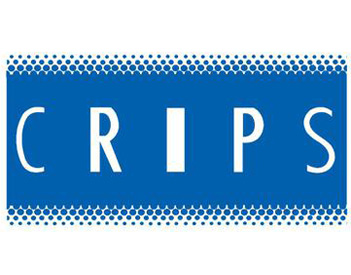
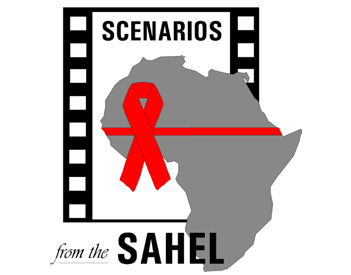
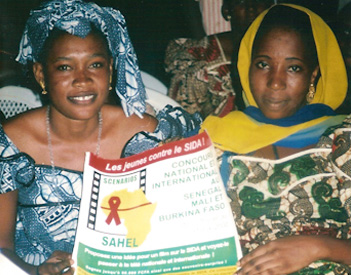
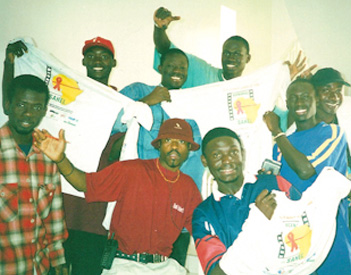
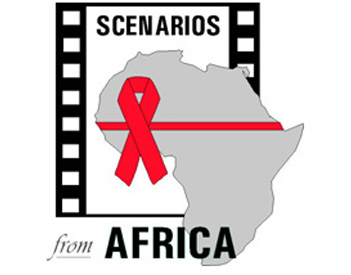
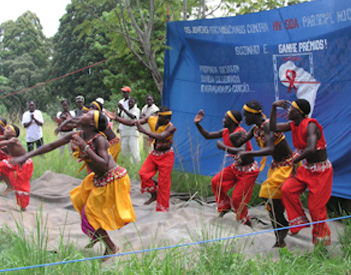
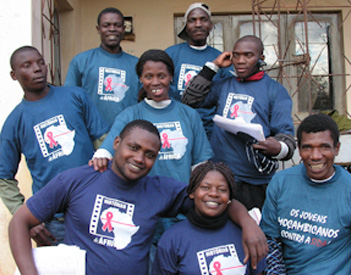
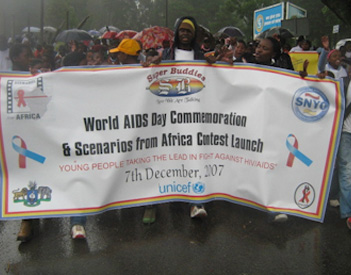
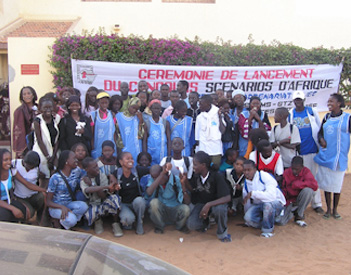
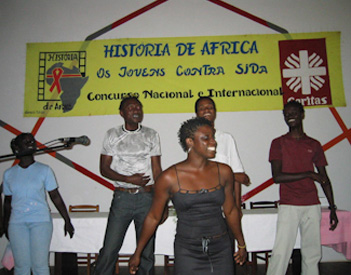
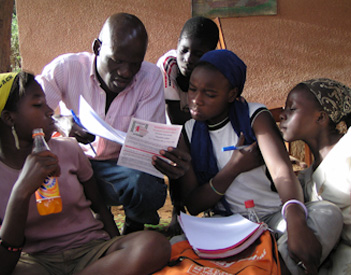
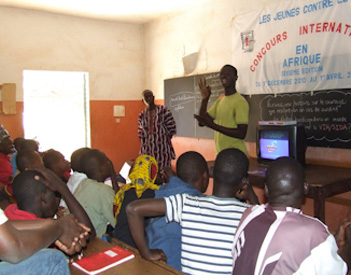
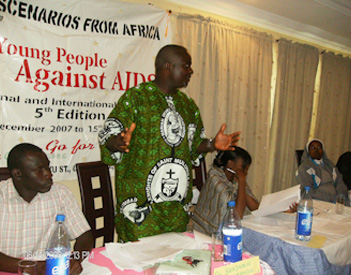


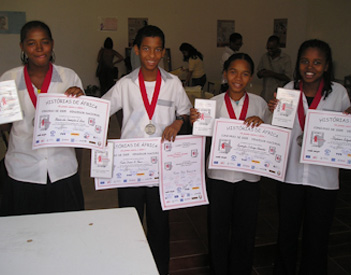

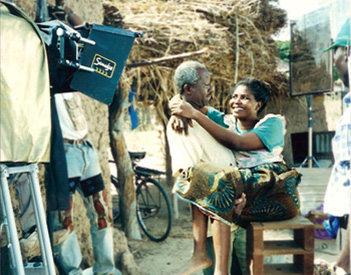
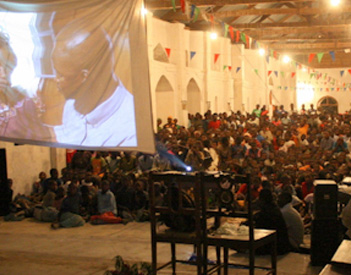
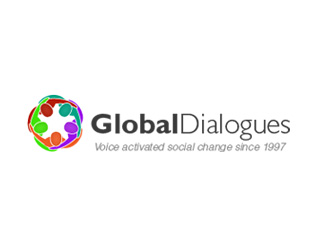
 top
top